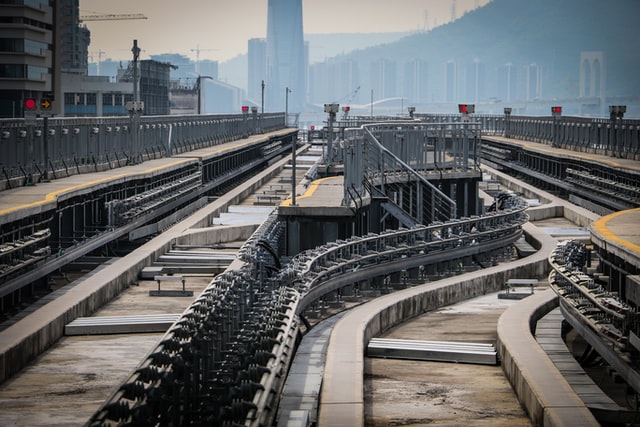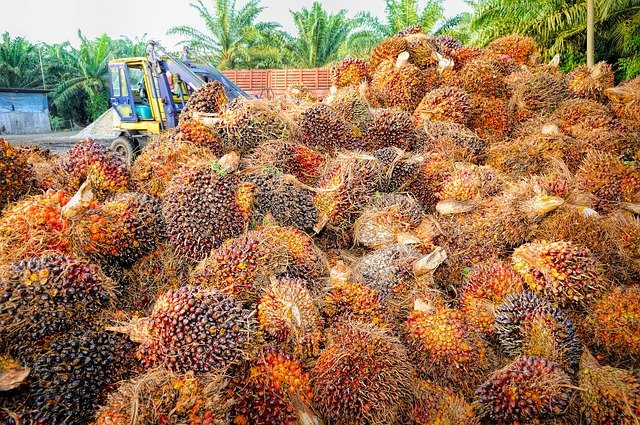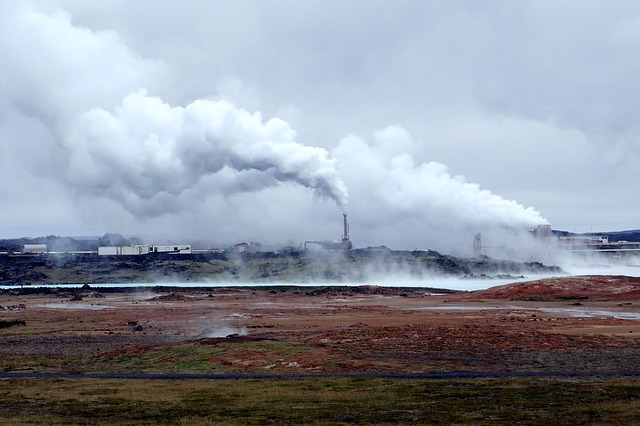Indonesia signed the RCEP on November 15, 2020 with 9 ASEAN member countries and China, Japan, South Korea, New Zealand, and Australia. Five countries, namely Singapore, Thailand, Myanmar, Japan and China, have completed the process of ratifying the treaty.
This agreement aims to achieve a modern, comprehensive, high-quality and mutually beneficial agreement that will create an open trade and investment area while enhancing global supply chains.
Currently, Indonesia is finalizing the RCEP ratification process at the parliamentary level and is targeted for completion this October. The agreement is targeted to be implemented in early 2022, said by Mahendra Siregar, The Deputy Minister of Foreign Affairs.
RCEP will have a number of positive impacts for Indonesia in addition to increasing exports. According to Mahendra, RCEP will increase investment by more than 20%, Gross Domestic Product in the next 10 years will also increase. In addition, 60 million MSMEs will be positively affected by this trade cooperation.
In the 2016-2020 period, the trend of Indonesia's non-oil and gas exports to the 14 RCEP member countries grew 5.33 percent. In 2020, the total value of Indonesia's exports to these countries will reach 45.39 billion US dollars or around 54.12 percent of Indonesia's total exports to the world which are worth 83.87 billion US dollars, explained Jerry Sambuaga, The Deputy Minister of Trade on Tuesday (5/10/2021),
Indonesia's total non-oil and gas exports to the RCEP area were valued at US$ 83.87 billion in 2020 or representing 54.12% of Indonesia's total exports.
According to data from the Central Bureau of Statistics, the top five RCEP countries that contributed the largest exports to Indonesia in 2020 were China (US$36.77 billion), Japan (US$13.66 billion), Singapore (USD$10.71 billion), Malaysia (USD$1.71 billion). $8.13 billion), and South Korea (US$6.51 billion).



